 |
|
||||||
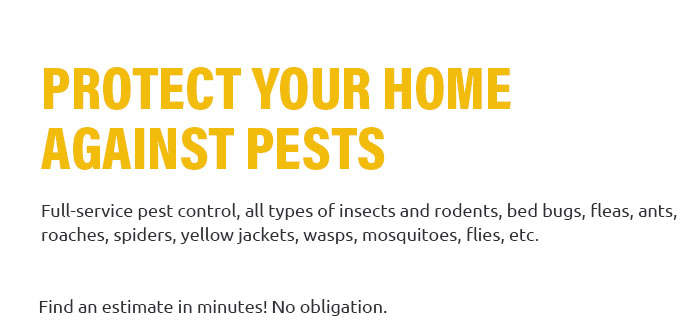 |
 |
 |
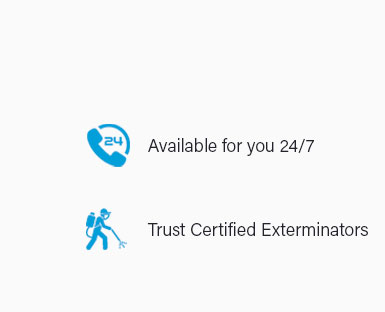 |
 |
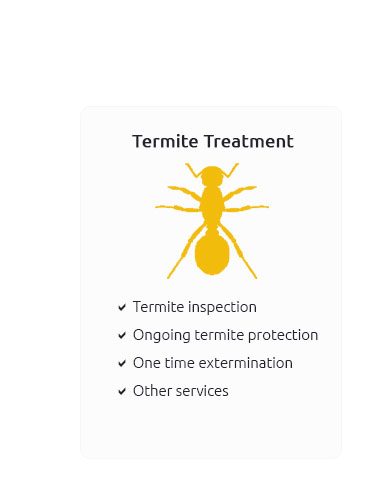 |
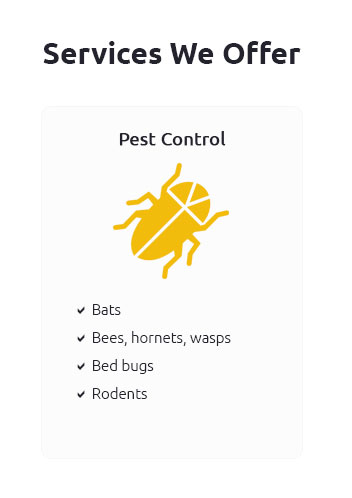 |
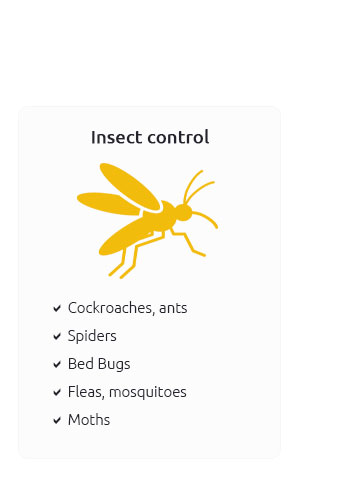 |
 |
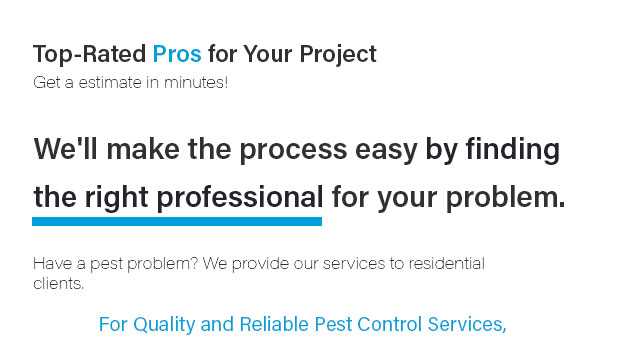 |
 |
 |
 |
Effective Strategies for Eliminating Ants from Your YardDealing with an ant infestation in your yard can be a daunting task, but with the right strategies, it is entirely possible to reclaim your outdoor space. Ants are industrious creatures, often marching in long lines towards a food source, and while they play an important role in the ecosystem, their presence can be less than welcome, particularly when they invade in large numbers. Fortunately, there are several effective methods to manage and significantly reduce their numbers without causing harm to the environment or other beneficial insects. Understanding Ant Behavior is crucial before embarking on a mission to eliminate them. Ants are attracted to areas with food sources, moisture, and shelter. They are social insects living in colonies that can range from a few dozen to millions of individuals. The queen is the heart of the colony, and eliminating her will often cause the rest of the colony to disperse. Natural Remedies are a popular choice for many homeowners looking to avoid chemical pesticides. One effective method is to use diatomaceous earth, a natural powder made from fossilized aquatic organisms. This powder is harmless to humans and pets but deadly to ants as it causes them to dehydrate. Simply sprinkle it around ant trails and nests. Vinegar is another household item that can be used to disrupt ant trails. Mixing equal parts of water and vinegar in a spray bottle and applying it to areas where ants are prevalent can deter them. Moreover, boiling water is a simple yet effective way to destroy ant nests. Pouring it directly into the nest can kill many ants instantly, including the queen if you're fortunate. However, this method should be used with caution to avoid damaging plants or the soil. For those seeking a more long-term solution, bait traps are an excellent option. These traps contain a slow-acting poison mixed with a food attractant. Ants take the bait back to their colony, gradually poisoning the entire nest. While this method requires patience, it is highly effective in eradicating the entire colony. In cases where natural methods fail, chemical solutions might be necessary. There are numerous commercial ant killers available, ranging from granules to sprays. When using these products, it's important to follow the instructions carefully to minimize harm to the environment. Preventative measures can also be taken to ensure that ants do not return. Keeping your yard clean and free from food debris is essential. Sealing cracks and crevices around your home and using natural repellents like cinnamon and citrus peels around the perimeter of your yard can further deter ants. In conclusion, while ants can be beneficial in small numbers, a large infestation can be problematic. By understanding their behavior and using a combination of natural, chemical, and preventative methods, it is possible to effectively manage and eliminate ants from your yard, allowing you to enjoy your outdoor space in peace. What natural methods can be used to get rid of ants in the yard?Natural methods include using diatomaceous earth, vinegar solutions, and boiling water. These options are effective and environmentally friendly. How do bait traps work to eliminate ants?Bait traps contain a poison mixed with a food attractant. Ants take the bait back to their colony, poisoning it over time, including the queen, which ultimately destroys the colony. Are chemical solutions safe for the environment?Chemical solutions can be effective but should be used with caution. Always follow the instructions to minimize environmental impact and target only the ants. What are some preventative measures to keep ants away?Preventative measures include keeping your yard clean, sealing cracks, and using natural repellents like cinnamon and citrus peels to deter ants from returning. https://permies.com/t/24584/rid-Ants-lawn
I found 2 tablespoons borax with a half cup of sugar mixed together works great, I scuff up the ant hill and pour it right in, cover with soil ... https://duda-sod.com/news/get-rid-ants-lawn/
Pour Boiling Water on Anthills If you already have ant hills in your lawn, this is a great, natural solution for getting rid of them. Boil some water on your ... https://lawnlove.com/blog/pest-control-natural-ways-to-get-rid-of-ants/
Natural ways to get rid of ants - 1. Diatomaceous earth (DE) - 2. Baking soda / Baby powder - 3. Boiling water - 4. Borax / Boric Acid - 5. Soapy ...
|



